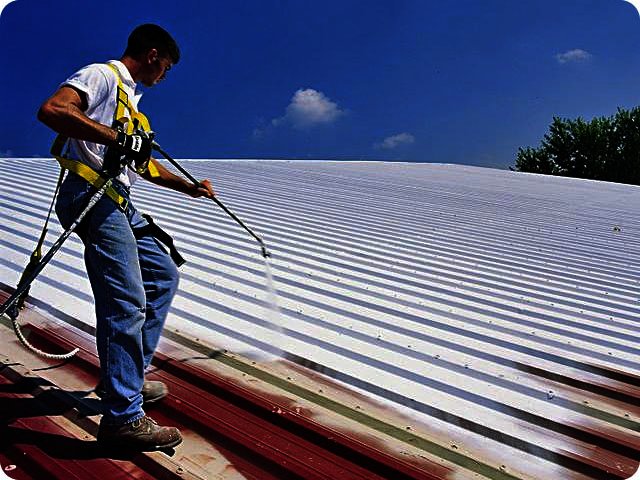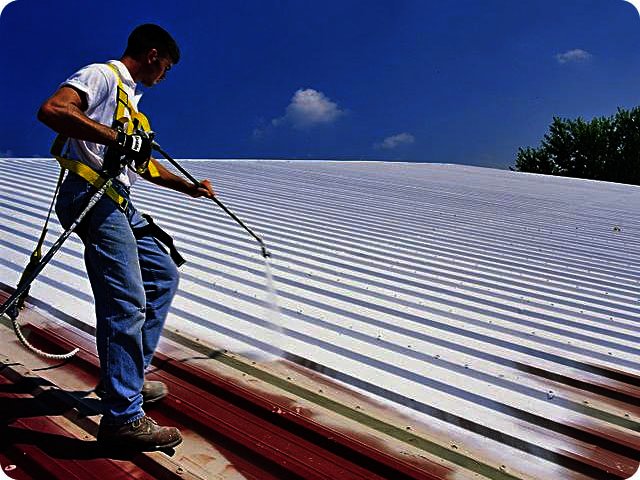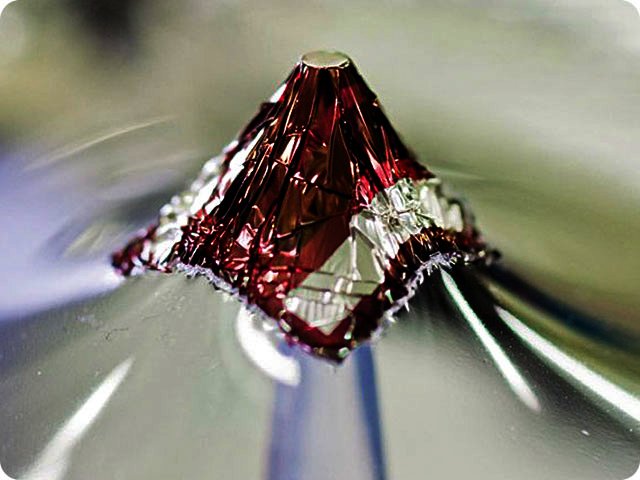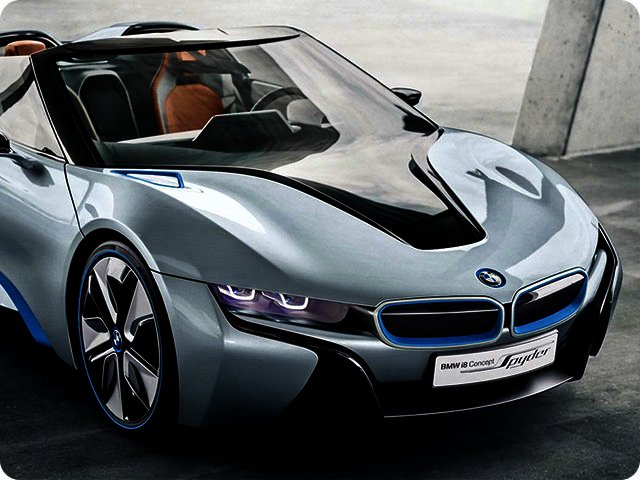Green News - May 2012
By Hanleigh Daniels 25 May 2012 | Categories: news
The latest green measure – White Ceratech roofs
Technology developed by NASA to keep the space shuttle cool has finally trickled down to the local home owner. According to Ceratech, applying their thermal barrier coatings to roofs can ease the heat load on buildings. This white roof coating contains millions of hollow ceramic beads, which repels heat back into the atmosphere. These can reduce the internal temperature of buildings by up to 45%, lessening the occupants’ dependency on air-conditioning in summer.
Some of the benefits to utilising this coating include lower energy consumption costs, a reduction in roof degradation by up to 80%, and added resistance to mildew. For more info visit www.ceratechcoatings.co.za.

New type of ultra-thin solar cells
Researchers from the Johannes Kepler University in Austria and the University of Tokyo have developed new organic solar cells which are thinner than a thread of spider silk and flexible enough to be wrapped around a human hair.
These cells consists of electrodes on a plastic foil that is a mere 1.9 micro-meters thick (one micro-meter is one millionth of a meter). Currently the solar cells can produce as much electricity as 10 watts per gram, and although it can’t quite compete against silicon-based systems in terms of efficiency, its efficiency to weight ratio makes it ideal for applications in robotics, electronic textiles and, apparently, manufacturing synthetic skin.

BMW i8 Concept Spyder
Following hot on the German heels of its i3 Concept and i8 Concept, BMW unveils the latest edition to its i Concept line-up, the sublime looking open-top i8 Concept Spyder. This plug-in hybrid is powered by an eDrive drivetrain that combines a high-performance electric motor that delivers 96 kW, with a turbocharged three-cylinder petrol engine which produces an additional 164 kW of power.
The result of this union is a combined system output of up to 260 kW along with peak torque of 550 Nm, which is enough to accelerate the car from rest to 100 km/h in five seconds onto an electronically governed top speed of 250 km/h. Despite this exhilarating performance, the two-seater i8 Concept Spyder utilises a mere three litres of petrol per 100 kilometres, according to BMW.

Other interesting green news
Thermata banks on high-tech mirror to lower solar panel costs: cnet.co/lowsolar
Take off – first Boeing 787 Dreamliner flight powered by biofuel from Washington to Tokyo: bit.ly/bioboeing
Sun-Mar’s composting toilet helps users flush 27% less money down the water bill toilet: bit.ly/ecotoil
First appeared in TechSmart 104 during May 2012.
Most Read Articles

Have Your Say
What new tech or developments are you most anticipating this year?



